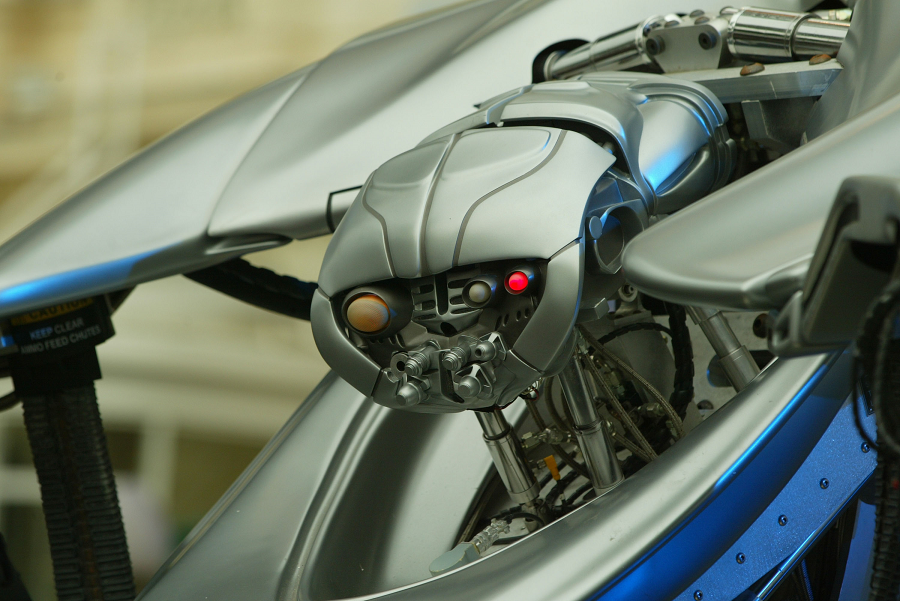-
Tips for becoming a good boxer - November 6, 2020
-
7 expert tips for making your hens night a memorable one - November 6, 2020
-
5 reasons to host your Christmas party on a cruise boat - November 6, 2020
-
What to do when you’re charged with a crime - November 6, 2020
-
Should you get one or multiple dogs? Here’s all you need to know - November 3, 2020
-
A Guide: How to Build Your Very Own Magic Mirror - February 14, 2019
-
Our Top Inspirational Baseball Stars - November 24, 2018
-
Five Tech Tools That Will Help You Turn Your Blog into a Business - November 24, 2018
-
How to Indulge on Vacation without Expanding Your Waist - November 9, 2018
-
5 Strategies for Businesses to Appeal to Today’s Increasingly Mobile-Crazed Customers - November 9, 2018
Researchers Assert Cost-Effective and ‘Greener’ Future Trips with Self-Driving
Studies have shown that in the future, the use of autonomous or self-driving electric taxis in 2030 might be able to emit up to 94% less emissions per mile as opposed to a standard gasoline vehicle of today, according to researchers over at the Lawrence Berkeley National Laboratory.
Advertisement
Almost half of the savings were due to “right sizing” – ensuring that the taxi varies in size as stated by how many passengers it is carrying.
Scientists believe that the savings in fuel and money and the increased efficiency of moving people around mean that robo-taxis could be both technologically and socially “disruptive” with the ability to transform personal transport and the use of the road network in the coming decades.
And this is still early in the research process of self-driving cars.
“Most trips in the US are taken singly, meaning one or two seat cars would satisfy most trips”, he says. I guess all of these would sound nice and dandy in theory, but will we ever arrive at such a day in the future?
If driven only 12,000 miles (19,300 km) per year, electric vehicles were expected to be more expensive than owning and operating petrol-driven cars.
Even further savings could be made if taxis are shared between different passengers going to the same destination – something that is easier to arrange with an intelligent taxi-booking service. “However, we didn’t even include these effects in our baseline results, and we still get huge savings without them”.
The authors further claim that by 2030, autonomous taxis driven 40,000 to 70,000 miles a year could be cheaper to operate than traditional taxis.
The scientists did not try to estimate how widespread this technology would be in 2030. While previous studies have simply looked into the safety and efficacy of these vehicles, this new study specifically identifies how driverless vehicles could reduce the amount of emissions in our atmosphere, not just be fuel consumption but also by battery use.
It’s a point not lost on the scientists at Berkeley Lab. Founded in 1931, Berkeley Lab’s scientific expertise has been recognized with 13 Nobel prizes.
Advertisement
DOE’s Office of Science is the single largest supporter of basic research in the physical sciences in the United States, and is working to address some of the most pressing challenges of our time.





























